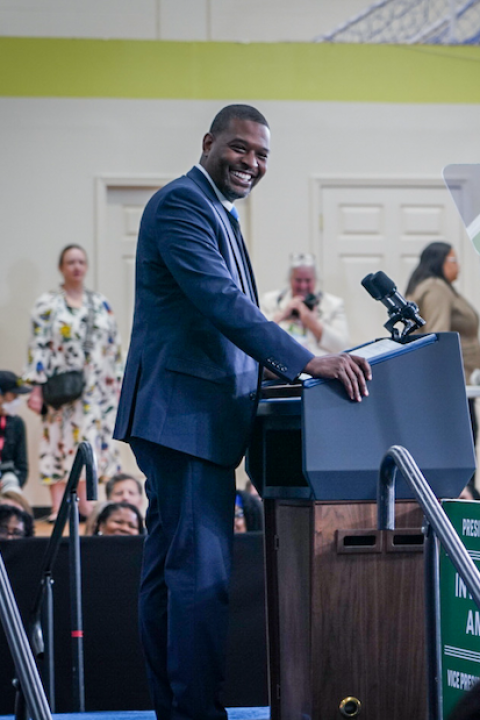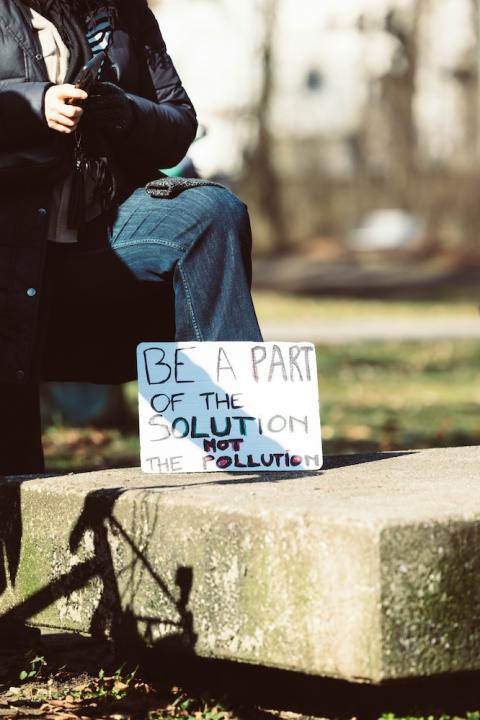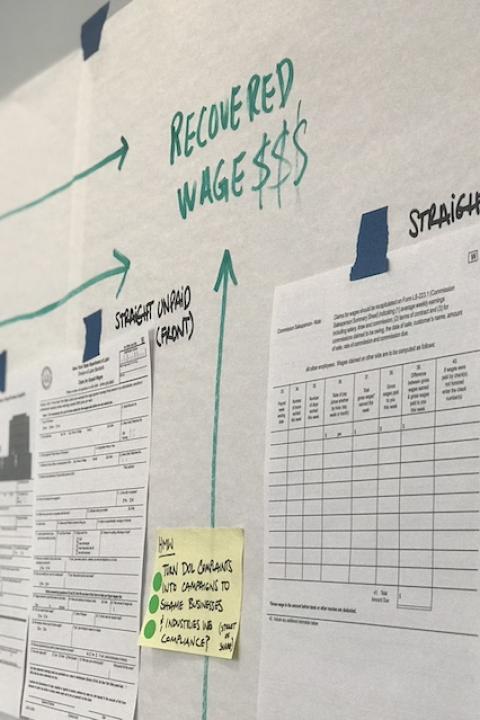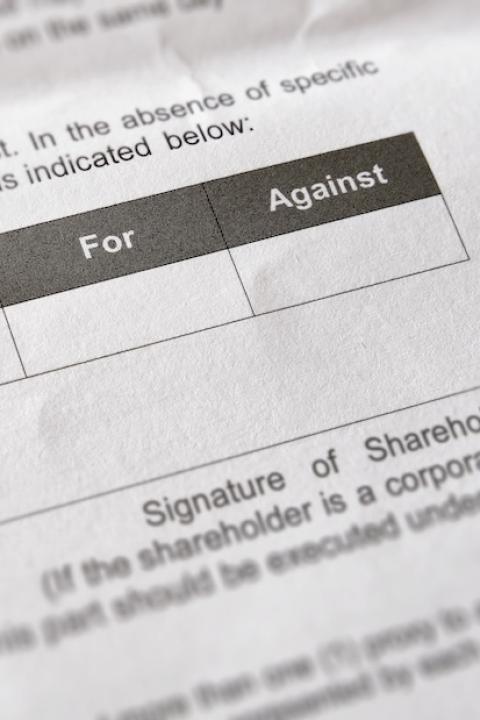
DEI cuts will cost companies more in the long term and make them less able to attract and retain top talent. (Image credit: fauxels/Pexels)
It's been a bad year for diversity, equity and inclusion (DEI). Budget cuts and layoffs hit corporate and academic DEI departments hard in 2022. The trend backward comes on the heels of rapid growth in the years prior. And while cuts may be one way for companies to tighten their belts as post-pandemic sales drop, future repercussions will likely bring regret.
Short-term gains, long-term losses
Cuts to DEI may lower overhead in the short term, said Ritu Bhasin, a DEI and leadership expert and the author of “We’ve Got This,” a book about finding belonging. “The problem is that the price tag is greater in the long term.”
Companies face a number of consequences when they focus on immediate cuts to the bottom line instead of valuing diversity and creating environments that are inclusive and supportive of all people. “Creativity and innovation will suffer,” she said. “And they'll be less able to capture market share.”
Bhasin breaks this down to a matter of talent, explaining that the companies making cuts to their DEI programs will be less able to attract and retain skilled workers. With employees feeling less psychological safety in these spaces, attrition will increase, and those that remain may be more cautious about sharing creative solutions.
Diversity’s positive effects on profitability are well-established. And yet, in addition to slashing DEI departments and programming, quite a few companies are unsurprisingly showing a reduction in new hire diversity since the middle of last year.
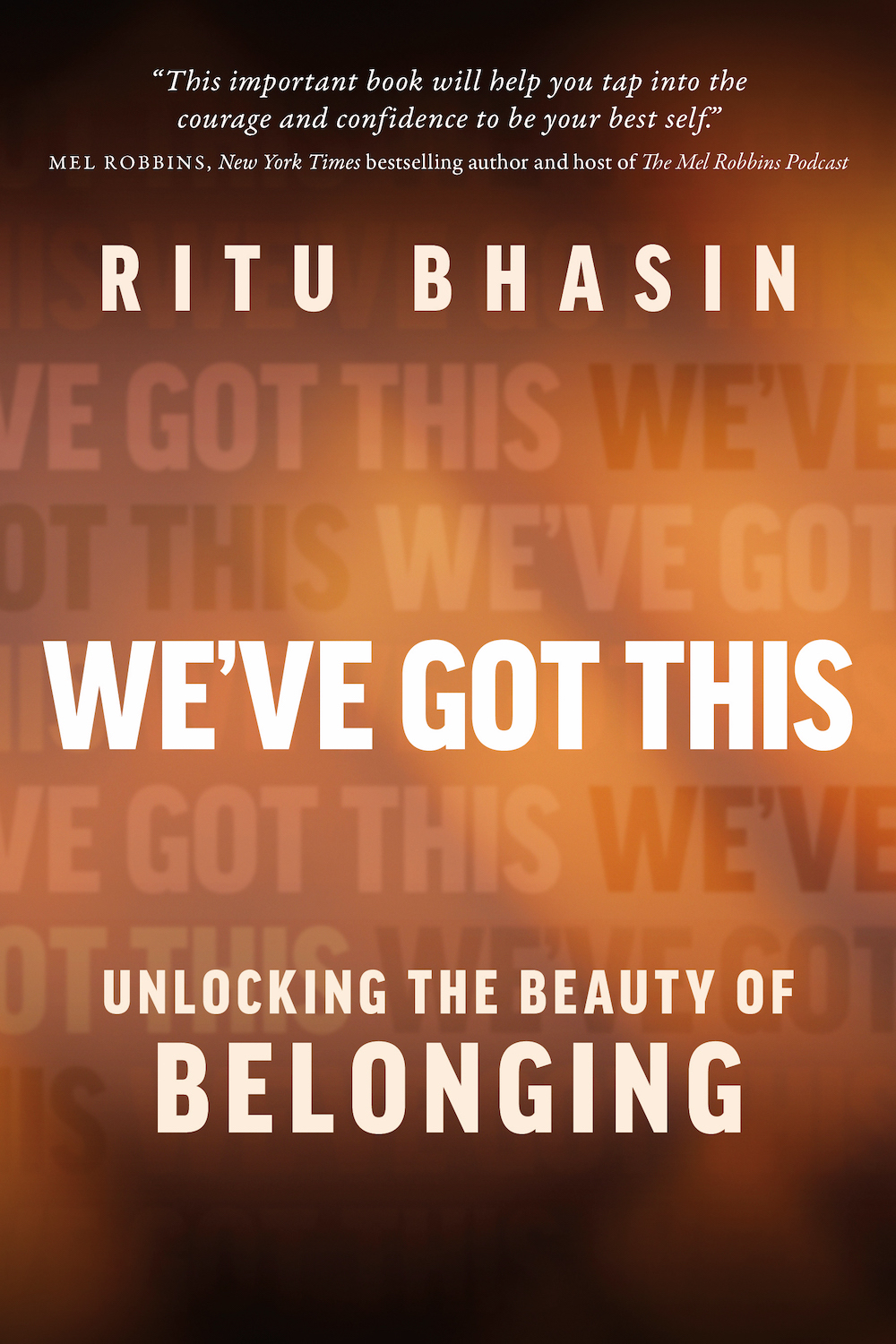
Bucking the trend
Fortunately, not all businesses forget the importance of recruiting people from a variety of backgrounds and aligning workplaces accordingly. In particular, consumer-facing businesses are less likely to cut DEI programming, Bhasin said, because they recognize the need to reflect the diversity of their customers.
“Banking isn’t seeing the elimination of DEI either, or it is minimal [in comparison],” she said. This also makes sense, considering that financial institutions serve consumers directly and may have a better understanding of the need to reflect their customer base.
But for industries making the biggest cuts, choosing short-term monetary profit over long-term effects “reflects an overarching underestimate of the importance of DEI,” Bhasin said. “And it demonstrates that it was a performative commitment to begin with.”
What are the solutions to widespread cuts in DEI?
So, what can be done about it? “It’s a tricky, challenging problem,” she said. “The DEI leaders who helped to grow understanding of the need are being cut. Those who raised awareness are being let go.”

Bhasin doubts employers can be counted on to see the light. “They’re the decision-makers. Who is going to convince them?” she said, noting that perhaps the DEI team or other executives can try. Additionally, employees could choose to leave or become increasingly vocal. “But that’s deeply problematic,” Bhasin said. “It puts the responsibility for change on the community that is being affected.”
She recommends a multi-pronged approach, in which shareholders, clients and consumers hold companies accountable. Depending on the type of business, some groups may have more power than others. With companies that don’t deal directly with the public, it may be up to shareholders, clients and contractors to speak up.
For those that provide consumer products and services, “we can vote by where we spend our money,” Bhasin said. “Stop consuming.” One example of this is Twitter, which has notoriously lost both users and advertisers since billionaire Elon Musk took over at the end of October 2022.
Twitter’s DEI team was decimated upon Musk’s acquisition — reportedly shrinking from 30 positions to just two. And while that is not the only reason for the drastic drop in Twitter advertising, it certainly has a huge impact. The social media site lost nearly half of its marketing revenue as it became a bastion for brazen biases and vehement hatred.
But for all the talk of waning sales and falling profits, overall, corporations are still raking in the dough. While corporate windfalls have not continued at the rate they did in 2021, they remain astronomical when taken into long-term historical context. As such, cuts to DEI program budgets and staff are not only unnecessary, but they are also incredibly unwise. It will ultimately take all of us to set things right.
Images courtesy of Ritu Bhasin

Riya Anne Polcastro is an author, photographer and adventurer based out of the Pacific Northwest. She enjoys writing just about anything, from gritty fiction to business and environmental issues. She is especially interested in how sustainability can be harnessed to encourage economic and environmental equity between the Global South and North. One day she hopes to travel the world with nothing but a backpack and her trusty laptop.





